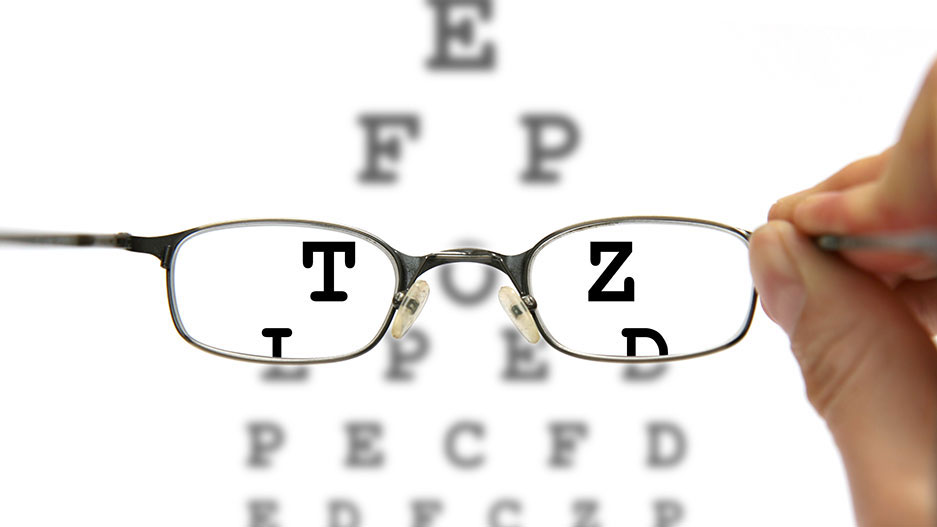What to know
The Vision and Eye Health Surveillance System (VEHSS) reports the prevalence of use of eyeglasses or contact lenses using self-report from national surveys and additional measures from administrative claims databases and the IRIS Registry of electronic health records (EHR).

Self-reported use of glasses or contacts
Self-reported use of glasses or contacts includes questions from the National Health Interview Survey (NHIS) that ask if a person wears glasses or glasses/contact lenses.
Survey
Description
Question Text
Variable name(s)
Sample
Response options
NHIS-Functioning and Disability Module
Percentage of people who wear glasses (NHIS Functioning and Disability Module)
Do you wear glasses?
VIS_0
Ages 18+
1 – Yes, 2 – No, 7 – Refused, 9 – Don’t know
NHIS – Child Module
Percentage of children who wear eyeglasses or contact lenses
Does [fill: SC name] wear eyeglasses or contact lenses?
CVISGLAS
Ages 0-17
1 – Yes, 2 – No, 7 – Refused, 9 – Don’t know
NHIS – Adult module
Percentage of adults who currently wear eyeglasses or contact lenses
Do you currently wear eyeglasses or contact lenses?
VIMGLASS
Ages 18+
1 – Yes, 2 – No, 7 – Refused, 9 – Don’t know
Patients receiving glasses or contacts
The percentage of people who had a vision correction visit or supplies claim indicates the proportion of patients in an insured population or the IRIS Registry who had a claim for glasses or contacts in the year of observation. These prevalence rates and counts only include services that generated an insurance claim or EHR with an included procedure code during the year of observation. These estimates are not indicators of the prevalence of the use of glasses or contacts because they will not include glasses or contacts acquired in previous years or that were paid for by another payer or out of pocket.
Patients receiving glasses or contacts category and subgroup definitions
Included Procedures
Procedure Codes
Contact Lenses or Fitting
92071, 92072, 92310, 92311, 92312, 92313, 92314, 92315, 92316, 92317, 92325, 92326, S0500, S0512, S0592, V2500, V2501, V2502, V2503, V2510, V2511, V2512, V2513, V2520, V2521, V2522, V2523, V2524, V2525, V2526, V2530, V2531, V2599
Eyeglasses
92340, 92341, 92342, 92352, 92353, 92354, 92355, 92358, 92370, 92371, S0504, S0506, S0508, S0580, S0581, S0590, S0595, V2020, V2025, V2100, V2101, V2102, V2103, V2104, V2105, V2106, V2107, V2108, V2109, V2110, V2111, V2112, V2113, V2114, V2115, V2118, V2121, V2199, V2200, V2201, V2202, V2203, V2204, V2205, V2206, V2207, V2208, V2209, V2210, V2211, V2212, V2213, V2214, V2215, V2218, V2219, V2220, V2221, V2299, V2300, V2301, V2302, V2303, V2304, V2305, V2306, V2307, V2308, V2309, V2310, V2311, V2312, V2313, V2314, V2315, V2318, V2319, V2320, V2321, V2399, V2410, V2430, V2499, V2780, V2781, V2782, V2783, V2784, V2786
Low Vision Aids
V2600, V2610, V2615, Z460
